Meet our Members: Malaysian Association for the Study of Obesity (MASO)
'Meet our Members' is a series of interviews in which World Obesity's members discuss their organisation, purpose, projects, challenges and successes. It can also identify opportunities for members to connect with and reach out to each other to share experiences, ideas, and advice.
MASO is a non-profit organisation which aims to facilitate obesity research, promote understanding on obesity, and lead national efforts to reduce, prevent and manage obesity through collaboration with government agencies and involvement in policy development.
Tell us about your organisation and its main purpose
MASO was established in 1994 and celebrated its 25th anniversary in 2019.
The objectives of MASO are:
- To stimulate and facilitate obesity research on its impact, causes, prevention and management.
- To promote improved understanding of obesity among professionals and public.
- To collaborate with the government agencies, other professional organisations, international bodies and private sectors to improve local environment to support healthy lifestyle.
- To lead and drive national effort to reduce, prevent and manage obesity through involvement in policy development.
Some of our key activities:
- To organise a biennial Scientific Conference (MASO series, since 1995). With the collaboration of AOASO, MASO organised the Asia-Oceania Conference on Obesity (2nd AOCO) on 7 - 9 September 2003 in Kuala Lumpur and more recently, the 11th AOCO in 2021 (Virtual Conference). MASO had the honour of co-organising ICO 2014, held from 17 - 20 March in Kuala Lumpur, in collaboration with the then International Association for the Study of Obesity (IASO), now the World Obesity Federation. Malaysia is the second Asian country to host ICO after Japan in 1990.
- To organise Scientific Updates in conjunction with our Annual General Meeting (AGM).
- To organise MASO camps (a 3-day comprehensive programme) for people living with obesity since 1998.
- MASO has participated in World Obesity Day since 2016. In 2022, MASO for the first time introduced Obesity Week Malaysia (OWM 2022), launched by Dato Dr. Noor Azmi, the Deputy Minister of Health Malaysia.
- MASO led 3 publications namely CPG on Obesity Management (2004 and 2023), Strategies for the Prevention of Obesity -SPOM 2005 (an update is in progress) and Prioritizing Food Policy Options to Reduce Obesity in Malaysia (2013).
- MASO representatives are also involved and contributed their expert advices in numerous National Committees under Ministry of Health Malaysia.
- MASO support for Nutrition / Dietetics undergraduates in organising obesity prevention events for the general public.
- MASO, together with Universiti Putra Malaysia, organised a weight management program for the public in March 2023 called 'Segak Sebelum Raya 2023 / Fit Before Raya 2023'. MASO has also planned to collaborate with Universiti Putra Malaysia to organise a weight management challenge for the public called 'Segak Selepas Raya / Fit After Raya 2023'.
- MASO continues to act as an important stakeholder for various nutrition and obesity-related programmes and task forces in Malaysia.
Video montage from AOCO-MASO Conference 2021:
Video montage from World Obesity Day and Obesity Week 2022:
What projects are you currently working on?
The projects we are currently working on include: updating Strategies for Prevention of Obesity Malaysia (2005); updating the MASO website; organising the MASO 2023 Scientific Conference, scheduled on 4 - 5 Sept 2023; and collaborating with MOH/UNICEF on a school-based intervention project to reduce childhood obesity in Malaysia.
Upcoming Projects?
MASO will collaborate with MOH in organising the MASO conference which will be held on 4 - 5 September 2023.
We will be involved in a school-based intervention project for childhood obesity, which is outlined in MOH and UNICEF’s Nutrition Workplan 2023 under Strategy 5 which states 'Supporting community-based nutrition programmes/ interventions and test innovations to improve outreach to maximize the nutrition impact'. This project will be conducted from July to December involving 50 schools and 2,000 students.
'Fit and Fun 2024' organised by UKM in collaboration with MASO is an annual program targeting increasing awareness of obesity prevention in the community. Each year a different community will be selected, and the program will involve nutrition and physical activity education and promotion.


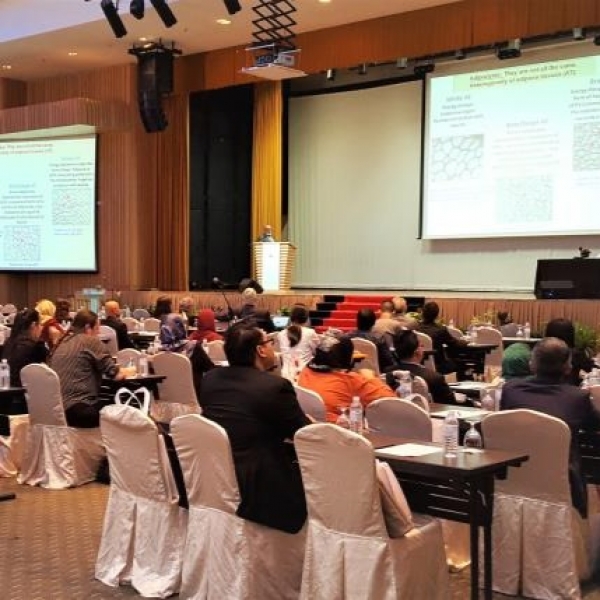
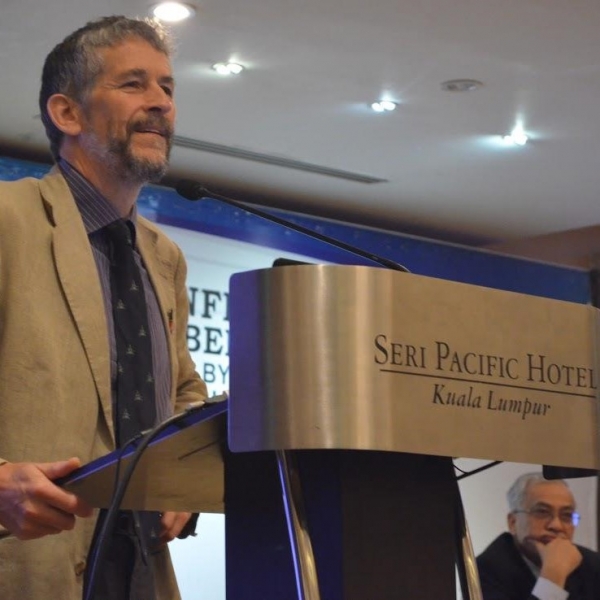
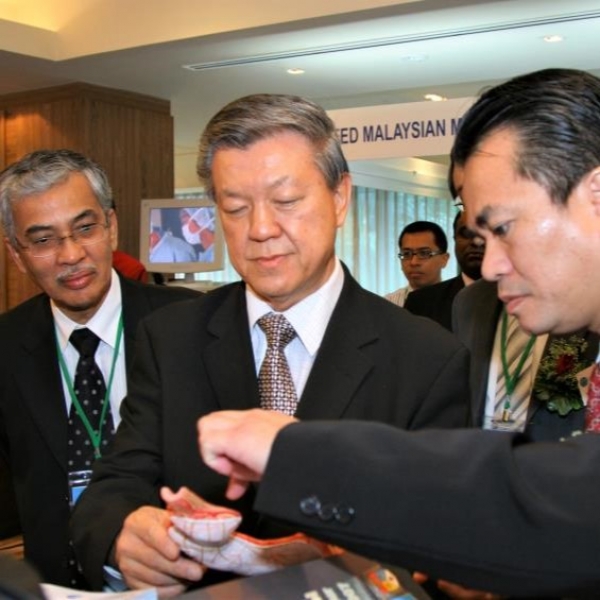
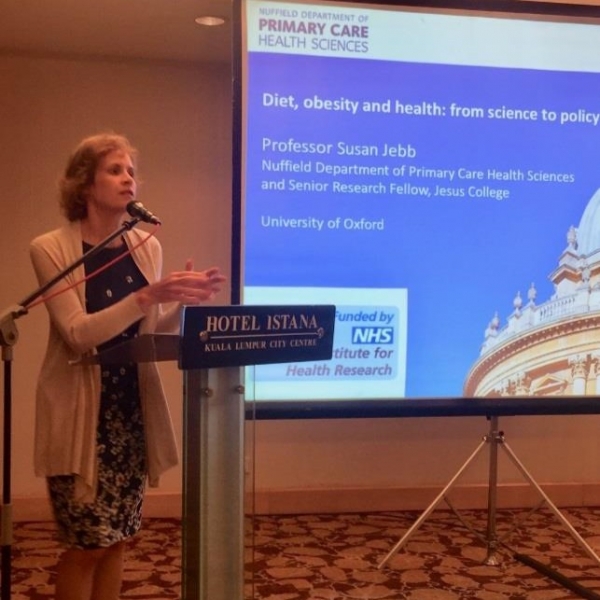
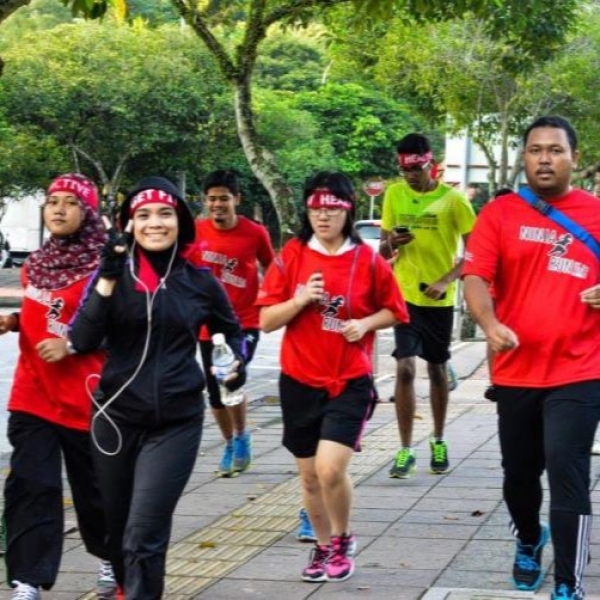
What are the greatest challenges that your organisation faces regarding the prevention, treatment and/or reduction of obesity and overweight?
- Professional bodies working in silos (own agenda) does not contribute towards a multi-professional approach in combating obesity.
- Lack of higher-level commitments and support from other ministries and agencies to implement obesity programmes and intervention because available prevention policies / strategies are being tackled at a snail’s pace, if at all.
- Lack of media-savvy or wide-reaching content (TikTok, Instagram, etc) that appeal to the masses regarding health promotion / obesity management and prevention by professional bodies / organisations – much of the health-related content out there on weight management and nutritional advice is developed by individual practitioners and ‘fitness influencers’ instead.
- Lack of publicly available grants / funding to conduct prevention projects and develop effective outreach initiatives and campaigns.
- Lack of evaluation / monitoring of the available programmes, activities and projects by related Ministries.
- Media and advertisers have not provided enough support towards the ministry’s effort to combat and manage obesity.
- The current food system is not supportive for healthy eating practices i.e. production of food is not in line with healthy dietary recommendations and there is an abundant supply of unhealthy food and beverages, prices have increased on healthy options i.e. fruits, vegetables, milk, and people live in an obesogenic environment, especially with restaurants operating 24 hours.
- Obesity is not widely accepted as a disease.
- Assertive marketing and advertising of unhealthy and calorie dense foods by the food industries, particularly in online media, making it difficult for health organisations to compete in promoting healthy food and lifestyles effectively.
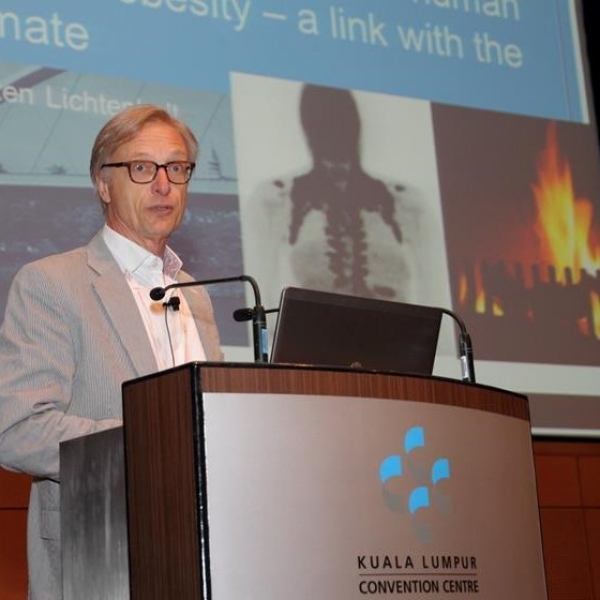
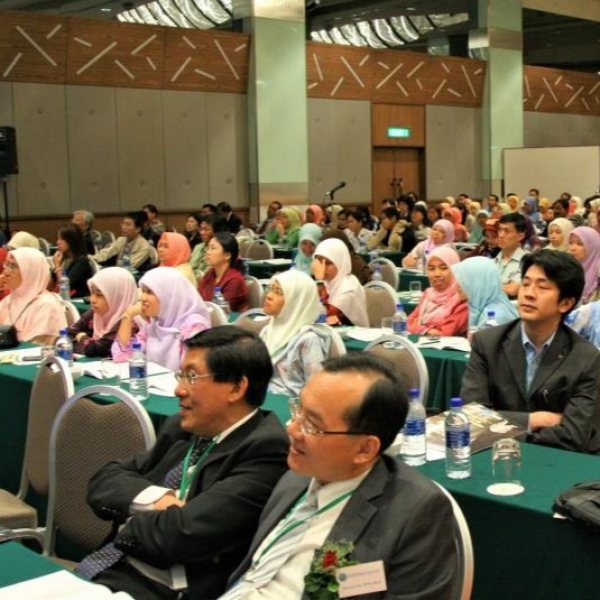
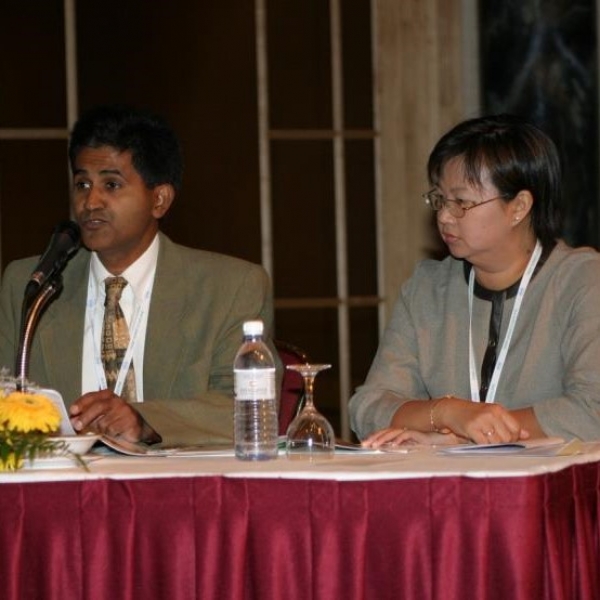
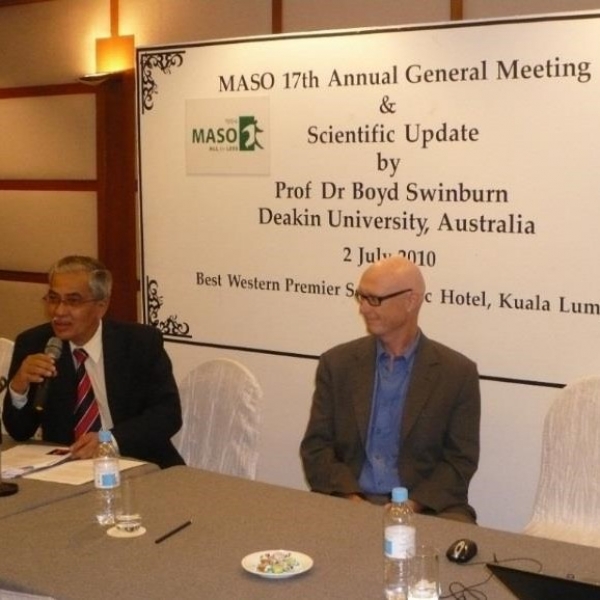
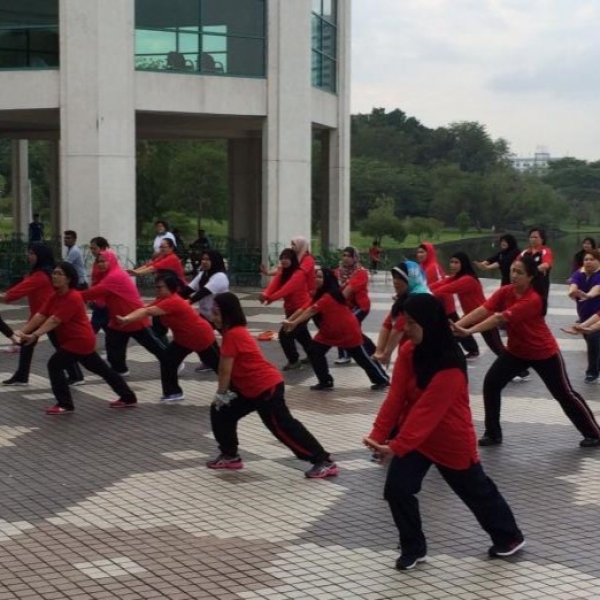
What initiatives have you undertaken that you believe have had a significant positive impact for people living with obesity and overweight?
The collaborative project with the MySihat, Ministry of Health Malaysia Nutrition Society of Malaysia and Malaysian Dietitians’ Association using the quarter, quarter half (Food Plate) and promotion of physical activity among people living with obesity in 2018-19 in 10 districts of Selangor and Johor. This has achieved promising results and should be implemented in the other states in Malaysia.
MASO Camps has a significant positive impact for participants living with obesity and overweight.
MASO Biennial Scientific Conferences (1997-2021) have provided a platform where various health professionals share and learn their best practices in reducing / preventing obesity in Malaysia.

In your opinion, what action/s (by global organisations, local governments, healthcare professionals, etc) do you think could have the most impact in reducing the burden of this disease?
- We feel strongly that local related Ministries must work in tandem with MOH to ensure the policies in the prevention of obesity are implemented and monitored.
- We also believe that healthcare professionals must make an earnest effort to work for common goals in prevention and management of obesity, and that training for healthcare professionals in managing obesity without negative stigma is needed.
- Public awareness and educational programs ('soft policy') may be able to provide knowledge, convince public and create awareness through appeal and attraction, however, the soft policy approach alone is less effective in combatting obesity and diet-related non-communicable diseases. Therefore, a hard policy approach to complement the educational and promotional activities is urgently required to prevent the problem from worsening.
- Leveraging on current, wide-reaching communication trends, e.g. social media, to increase health/obesity awareness and promote health behaviour change.
- Related ministries should work with local organisations to implement obesity prevention policies. This could reduce the social stigma and discrimination on people with obesity.
- Collaboration across sectors, ministries and international organisations in advancing the mission to reduce the burden of obesity-related diseases would be highly beneficial.
- Coordinated efforts from health organisations, government agencies and food manufacturers to develop and enforce certain restrictions of unhealthy food marketing and advertising particularly to children and adolescents is also necessary.
We would love to be involved in a collaborative programme with World Obesity in the future and look forward to working together on opportunities to tackle the rising obesity epidemic in Malaysia.
You can read more about the Malaysian Association for the Study of Obesity (MASO) on our website.
Interview date: June 2023
Please connect with us if you are an existing member and wish to be featured in an upcoming installment of 'Meet our Members'. You can email us on membership@worldobesity.org.
Membership
Read more about World Obesity membership options and benefits, and find out who our other members are here.
Our Members